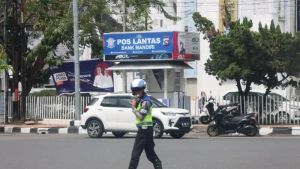JAKARTA - University of Indonesia (UI) Senior Economist Faisal Basri assessed that the assumptions made by the government in the National Economic Recovery (PEN) program are only short-term in order to deal with the COVID-19 outbreak.
According to Faisal, the government should have thought about long-term policies, especially after the post-mid-mid-mid-midlukluk. This is because the crisis caused by COVID-19 is multidimensional and it is not clear when it will end.
"In my opinion, if there is no crisis, nothing will be seen. Once again this crisis shows how wrong is something with the management of our economy," he explained, in a virtual discussion, Wednesday, June 9.
Not only that, Faisal also criticized the stimulus package provided by the government. He considered, the assistance seemed not focused on targeting the sectors affected by the earthquake. The stimulus was also considered to have a fiscal disorder.
"We need to think about what for next year, then what kind of budget support. Therefore, the most important thing is focus. The focus is the most affected. This is what we do not see," he said.
Faisal assessed that the crisis management program prepared by the government reflected the worsening of the government's fiscal management. One example, the state debt to BUMN.
According to Faisal, the debt must be paid in the presence or absence of COVID-19. He emphasized that the government's debt to BUMN had nothing to do with the situation caused by this virus.
"There is no COVID-19, the state debt to BUMN was not paid on time, even for years," he said.
The English, Chinese, Japanese, Arabic, and French versions are automatically generated by the AI. So there may still be inaccuracies in translating, please always see Indonesian as our main language. (system supported by DigitalSiber.id)













